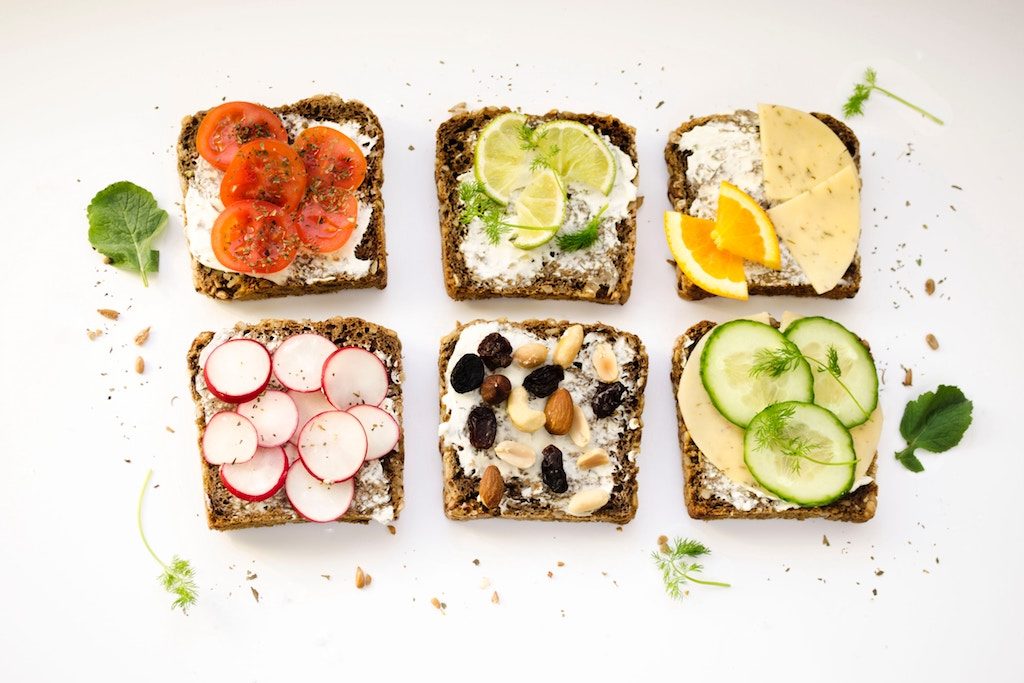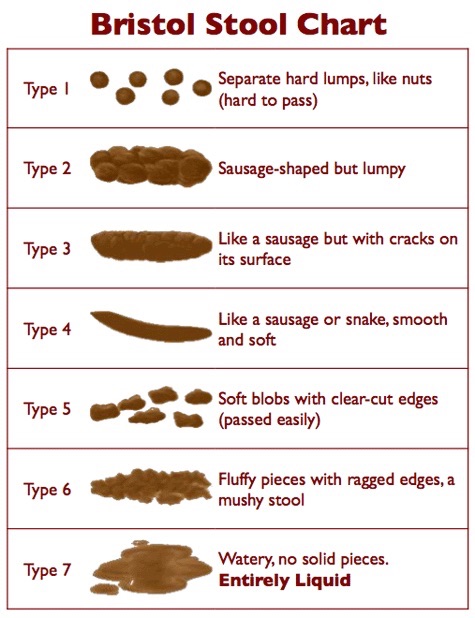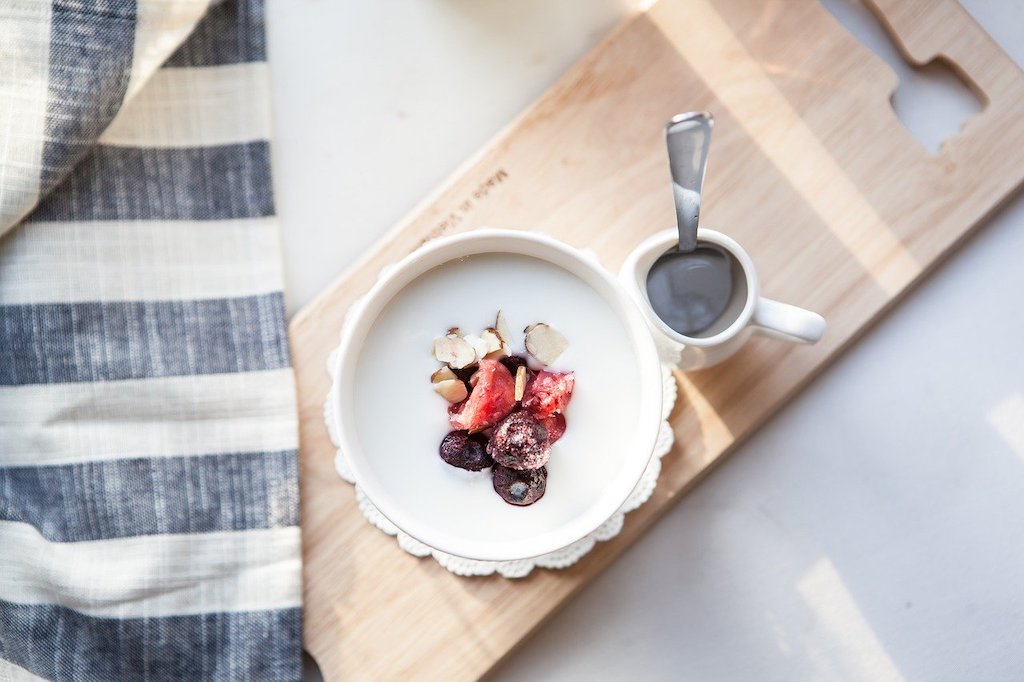You know you’re a parent when you find yourself taking photos of your child’s poop, and having no qualms about talking to other parents about your child’s faecal matter. Don’t worry, you are not alone. Digestive issues are one of the top concerns for parents in Singapore, with constipation and stomach flu amongst the top 10 most common paediatric medical conditions in Singapore1. Other digestive issues that affect children include gastroesophageal reflux, colic (most common in infants), and poor digestion.
If your child is facing internal ‘plumbing’ problems like these, address them early.
Poor digestion, in the longer term, can lead to poor weight gain and poor growth, tiredness, nutrient deficiencies and other medical conditions,
cautions Dr. Christina Ong, Senior Consultant Paediatrician & Paediatric Gastroenterologist at the SOG Christina Ong Clinic for Children and Gastroenterology.

Parents can play an important role in ensuring that children achieve good gut health by ensuring that consume healthy foods which the body naturally recognises2, says Dr Ong. She shares more, below.
Why it’s important for children to have good digestion
“A child’s digestive system is crucial for both their well-being and overall health.
Digestion helps break down food into nutrients, which the body then uses for energy, growth, and cell repair – a process essential for a child’s growth and development.
Gut health and digestion

At any point in time, our gut consists of approximately 100 trillion bacteria, viruses and other microbes. This community of micro-organisms is known as the gut microbiome. The gut microbiome has an important role not just for the digestion of food but also for immune function, metabolic processes and even in the maintenance of our mental well-being3. Hence,
good gut health or microbiome helps to keep digestive issues at bay and is vital for a child’s health and development. Maintaining good gut health will help to promote good digestion.
Does your child have good poop?
The most obvious sign that a child has good digestion is in their poop. Good poop refers to poop that is soft to firm in consistency and painless to pass, requiring minimal strain. Normal stool frequency ranges from two to three times per day, to about three to four times per week. The stools should be brown or yellow in colour, without any blood or mucus.

The Bristol stool scale devised by doctors in Bristol Royal Infirmary helps to characterise the different types of poop. Type 1 and Type 2 refer to stools passed during constipation. Types 3, 4 and 5 refer to normal stools, and Types 6 and 7 refer to diarrhoea stools.
Apart from having good poop, a child with good digestion should be growing healthily, without digestive symptoms such as abdominal discomfort, vomiting, bloating, and diarrhoea.

Help your child ease constipation
Constipation is a common digestive problem in young children. It happens when a child has infrequent bowel movements. Symptoms of constipation include having stools that are difficult to pass, and having fewer than two bowel movements a week. Here’s how you can help your child have good poop:
- Provide a healthy balanced diet consisting of natural foods.
- Give them more fibre in the form of wholegrain, fruits and vegetables. The amount of fibre a child needs a day is dependent on their age. A five-year-old child, for example, will need about 10g of fibre per day.
- Let children drink more water or milk to ensure good hydration.
- Encourage children to exercise to promote regular bowel movements.
- Make time for children to sit on the potty or toilet just as we make time for them to sleep and eat their meals.
Help your baby with colic

Colic is a common digestive problem in babies –- a condition where a baby with no known medical condition cries excessively for a prolonged period of time. Some reasons that have been suggested for the cause of colic include food allergies, overstimulation, and lactose intolerance. Tips that parents can follow to soothe a baby with colic include:
- Cuddling him/her and ensuring skin contact
- Giving a gentle massage or a nice warm bath
- Playing soft soothing music
- Going for a walk (if possible, carrying the little one in a baby carrier or sling)
If symptoms persist, bring your child for a check-up.
When to seek medical advice about your child’s digestion
Some common signs and symptoms of poor digestion include nausea and vomiting, tummy pain, bloating, constipation, and diarrhoea. Digestive issues may be due to acute or chronic conditions such as gastroesophageal reflux, gastritis, stomach flu, appendicitis, irritable bowel syndrome, inflammatory bowel disease etc.
If your child is exhibiting the signs and symptoms described above, or if you are concerned that he or she looks unwell, please seek medical attention.
Fermented foods, gut health, and digestion

Fermented foods such as kefir have enjoyed a surge in popularity in recent years. These foods contain probiotics that comprise ‘good’ bacteria that compete with the ‘bad’ bacteria in the gut to provide a healthier microbiome4.
In addition, the fermentation process may also reduce toxins and anti-nutrients which may be a source of discomfort for those suffering from irritable bowel syndrome.
However, high quality clinical studies on the health benefits of fermented foods are limited. In my opinion, the consumption of such fermented products does provide some benefit for gut health. However more research is still needed on the efficacy.”
Dr Christina Ong is a guest expert on the first-ever FRISO Good Poop Advisory Panel, which was formed on World Digestive Health Day (May 29) this year. The Panel was formed to educate and empower parents to help their children achieve good gut health. #GoodPoopMattersBaby
Sources:
1 Childhood Illnesses: 10 Most Common Conditions in Children
2 Scientific American. Think Twice: How the Gut’s “Second Brain” Influences Mood and Well-Being
3 The Impact of Diet and Lifestyle on Gut Microbiota and Human Health
4 The Microbiome
Header and Featured images: Sincerely Media on Unsplash
The post Does your Child have Good Poop? appeared first on TinySG.
from TinySG https://tinysg.com/does-your-child-have-good-poop/?utm_source=rss&utm_medium=rss&utm_campaign=does-your-child-have-good-poop

No comments:
Post a Comment